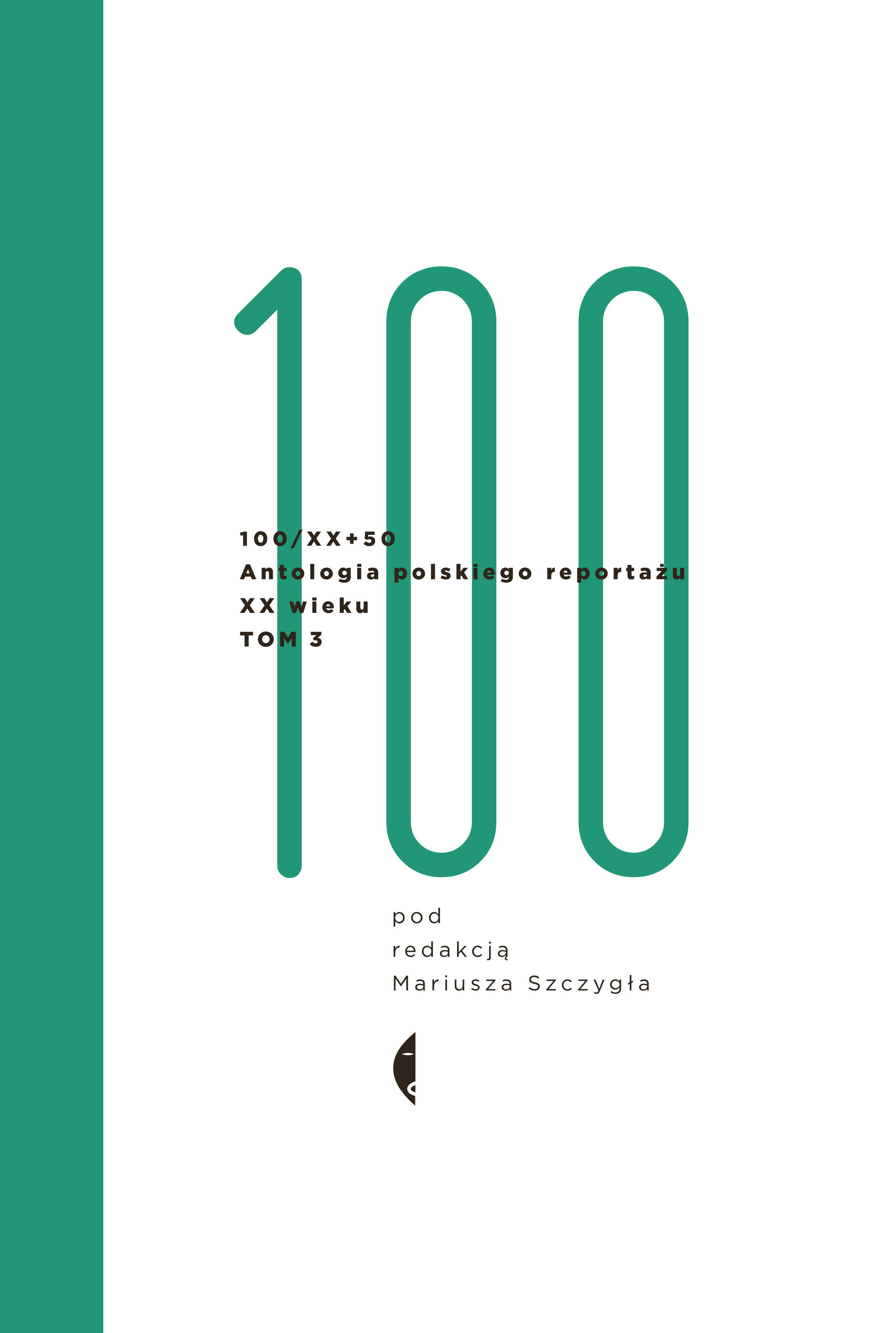
Part of Series
Authors
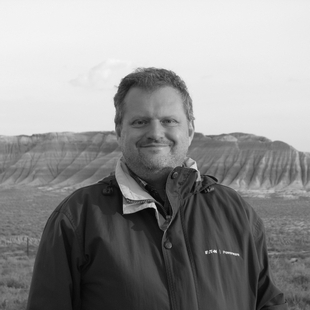
Wojciech Górecki, ur. w 1970 roku w Łodzi. Zadebiutował w 1986 roku na łamach "Sztandaru Młodych". Współpracował m.in. z "Gazetą Wyborczą", "Życiem Warszawy", "Rzeczpospolitą", "Więzią", "Res Publicą Nową" i "Tygodnikiem Powszechnym". Członek zespołu redakcyjnego "Tygla Kultury", stały współpracownik "Nowej Europy Wschodniej". Współautor filmu dokumentalnego Boskość Stalina w świetle najnowszych badań (TVP 1998). Autor książek: Łódź przeżyła katharsis (1998), Planeta Kaukaz (2002), La terra del vello d'oro. Viaggi in Georgia (2009) oraz Toast za przodków (2010). Tłumaczony na język włoski, uhonorowany Nagrodą Giuseppe Mazzottiego. W latach 2002–2007 pierwszy sekretarz, a następnie radca w Ambasadzie RP w Baku. Był ekspertem misji UE badającej okoliczności wojny w Gruzji w 2008 roku. Pracuje w Ośrodku Studiów Wschodnich im. Marka Karpia, członek zarządu Fundacji Solidarności Międzynarodowej. W 2011 roku był finalistą Nagrody im. Ryszarda Kapuścińskiego oraz został nominowany do nagrody Nike 2011.



Bolesław Prus (pronounced:[bɔ'lεswaf 'prus]; Hrubieszów, August 20, 1847 – May 19, 1912, Warsaw), whose actual name was Aleksander Głowacki, was a Polish journalist and novelist who is known especially for his novels The Doll and Pharaoh. He was the leading representative of realism in 19th-century Polish literature and remains a distinctive voice in world literature. Głowacki took the pen name "Prus" from the name of his family coat-of-arms. An indelible mark was left on Prus by his experiences as a 15-year-old soldier in the Polish 1863 Uprising against Imperial Russia, in which he suffered severe injuries and imprisonment. In 1872 at age 25, in Warsaw, Prus settled into a distinguished 40-year journalistic career. As a sideline, to augment his income and to appeal to readers through their aesthetic sensibilities, he began writing short stories. Achieving success with these, he went on to employ a broader canvas; between 1886 and 1895, he completed four major novels on "great questions of our age." Of his novels, perennial favorites with readers are The Doll and Pharaoh. The Doll describes the romantic infatuation of a man of action who is frustrated by the backwardness of his society. Pharaoh, Prus' only historical novel, is a study of political power and statecraft, set in ancient Egypt at the fall of its 20th Dynasty and of the New Kingdom. Wikipedia
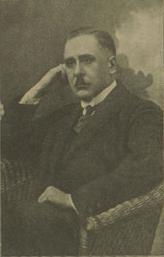
Ferdynand Antoni Ossendowski was a Polish writer, journalist, traveler, globetrotter, explorer, anti-communist, university professor, a member of the French Academy, political activist. After World War II all his books were covered by the censors in Poland because of his anti-communist beliefs. Only since 1989, his work can be officially published in Poland again. He is best known for his books: Beasts, Men and Gods – 1922 (org. title: Przez kraj ludzi, zwierząt i bogów. Konno przez Azję Centralną) The Shadow of the Gloomy East: A Moral History of the Russian People – 1923 (org. title: Cień ponurego Wschodu. Za kulisami życia rosyjskiego) Lenin: God of the Godless – 1930 (org. title: Lenin)
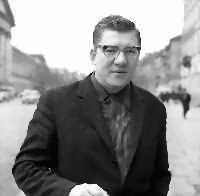
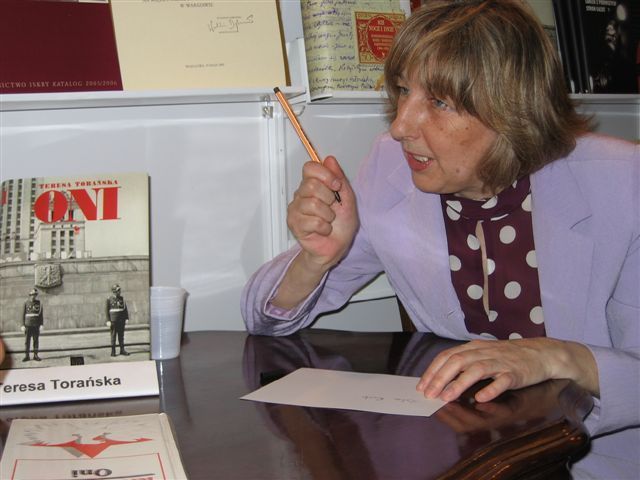
Polish journalist and writer. She was born on January 1, 1944 in Wołkowysk, Belarus, which was then part of the occupied Second Polish Republic. She graduated from the Warsaw University's Department of Law. She worked as a journalist for the popular Polish weekly „Kultura” in 1970s. In 1990s Torańska hosted two television programs for Telewizja Polska (TVP): socio-political Teraz Wy (Now You) and historical Powtórka z PRL-u (Recap from the PRL). Torańska wrote the screenplay for a documentary film Dworzec gdański (Gdańsk Main Station) directed by Maria Zmarz-Kozanowicz. The movie, which premiered in 2007, told a story of the Polish Jews forced to leave Poland after the political crisis of March 1968. At present she's a contributor to Poland's second-largest daily newspaper Gazeta Wyborcza conducting interviews with the leading Polish political figures.
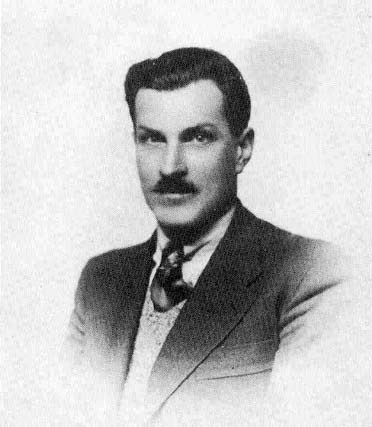
Polish writer, journalist and adventurer, studied philosophy and natural science at the Jagiellonian University in Kraków and later in Poznań and the University of Leipzig. Took part in the Greater Poland Uprising in 1918, was one of the organizers of the Polish Military Organisation from 1918 to 1920. He travelled to Mexico, Indochina, Brazil, Madagascar, West Africa, Canada and United States, amongst other countries. He wrote 32 books that have been translated into 23 languages and sold over 10 million copies in total. His most famous and popular book, written in 1942, was "Dywizjon 303" (Squadron 303) about the legendary Kościuszko Squadron fighting during the Battle of Britain; it sold over 1.5 million copies.
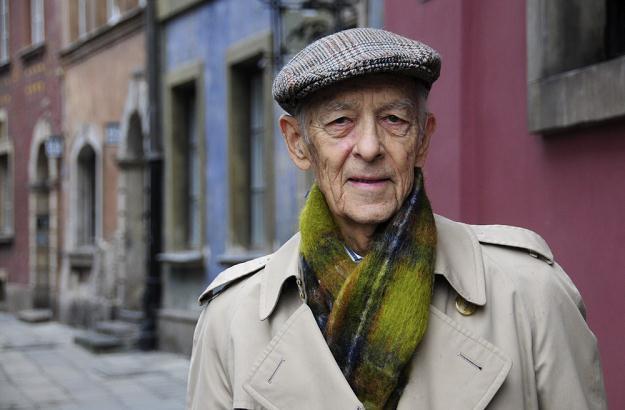
Polski dziennikarz, reportażysta, pisarz, varsavianista, podróżnik. Wikipedia info: Olgierd Budrewicz
Polska prozaik, reportażysta, autorka utworów dla młodzieży. Ukończyła wydział historii na Uniwersytecie Warszawskim. Debiutowała w 1945 r. na łamach prasy jako poetka pod nazwiskiem Kazimiera Kosińska. W latach 1946–50 była redaktorką dziennika "Polska Zbrojna", a w latach 1951–76 dziennika "Trybuna Ludu". W latach 1977–90 była redaktorem tygodnika "Perspektywy". W latach 1964–1975 była korespondentem wojennym w Wietnamie. W 1967 r. otrzymała nagrodę III stopnia Ministra Kultury i Sztuki. W 1972 r. nagrodę Instytutu Wydawniczego CRZZ za twórczość dla młodzieży. Od 1945 r. mieszkała w Warszawie. Zmarła 9 kwietnia 2010. Została pochowana 15 kwietnia 2010 r. na Cmentarzu Powązkowskim w Warszawie.

